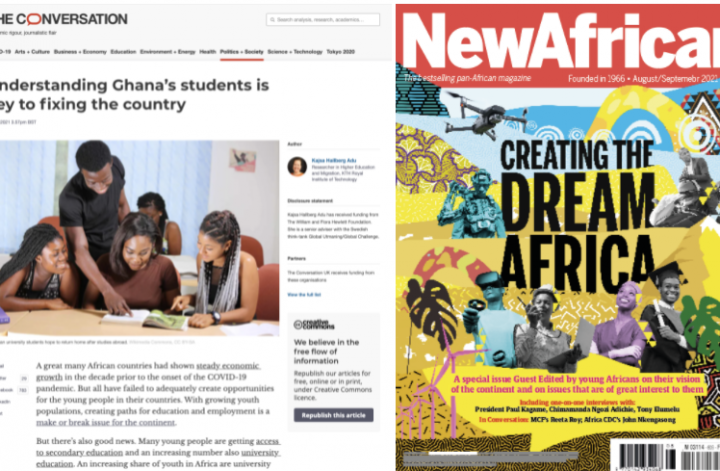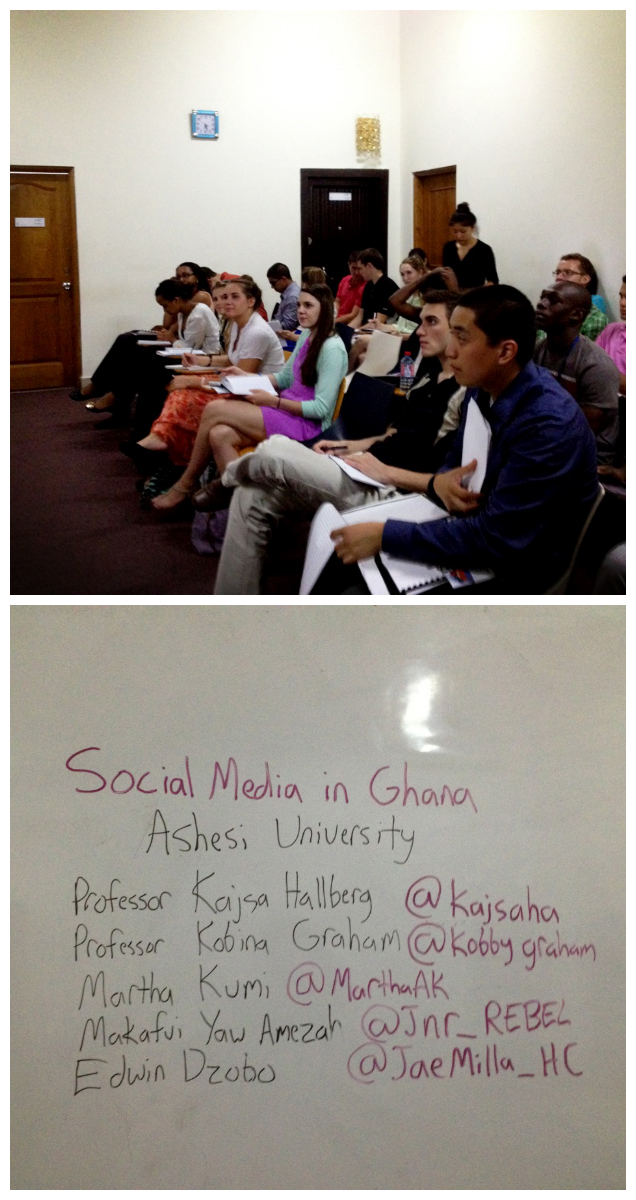 Today, I am researching The EU Blue Card, a directive passed by the EU in 2009 to simplify immigration for highly skilled workers from non-EU countries. The directive is to be fully implemented into legislation by member countries this year.
Today, I am researching The EU Blue Card, a directive passed by the EU in 2009 to simplify immigration for highly skilled workers from non-EU countries. The directive is to be fully implemented into legislation by member countries this year.
The EU Blue Card is modeled on the US Green Card and is hence a temporary work visa (1-4 years) and at the same time a one-stop-shop for applying for residency and work permit.
On the europa.eu website which collects, summarizes and explains EU legislation it is stated that the objective of this particular directive is to:
improve the European Union’s (EU) ability to attract highly qualified workers from third countries. The aim is not only to enhance competitiveness within the context of the Lisbon strategy, but also to limit brain drain. (my italics)
The Lisbon strategy or agenda was drafted in March 2000 and reviewed in 2005 and was the overarching direction for the union aiming to turn EU into “the most competitive and dynamic knowledge-driven economy by 2010”. I can see how the EU Blue Card is in alignment with this ambitious goal and how it helps to attract highly qualified workers. However, I have a hard time understanding how it will limit brain-drain.
I am not the first to question this, migration and development have been discussed together for many years now and others before me have pointed this out for this particular directive. In 2007, African ministers of health viced their worry of that this scheme would increase the brain drain of health professionals from their countries. Also, Professor Kingsley Banya has also written a conference paper where he in the abstract suggests the EU Blue Card scheme is “poaching Africa’s talent” (I am yet to find the full paper).
The rationale behind the EU Blue Card is the fact that EU has a low level of highly-skilled foreigners in its workforce when comparing to the US and Canada. Levels of 4% and 7% of the total labor force for US and Canada respectively, comparing to 1,7% for the EU is brought forward by the Migration Information Source here.
To qualify for the EU Blue Card, one must have a college diploma or five years occupational training, already have landed a job (countries can choose if individual or companies hiring them should apply) as well as show that the job the worker is migrating to do pays more than 1,5 times the country’s average salary.
Despite above-mentioned critique against the directive, it is being implemented as we speak (although some say it is way too slow) with very little debate within Europe and in the countries that are likely to be affected by the policy change.
In my opinion, what needs to be discussed further (and very soon measured) is how the EU Blue card is to affect African professionals and their migration desicions. It seems nobody yet knows.
Will it lead to increased migration and possibly brain-drain or could there be positive effects for developing countries like increased circular migration when opportunity for legal migration increases? As my research area – Ghanaian students’ migration aspirations- encompasses the migration environment,or legal frameworks for migration, I will be including this European development in my study and discussion.
I will try to write on migration issues every Monday from now on! Need to get back into the research game!
Pic borrowed from The Swap Blog.


 Last year, I got an email from
Last year, I got an email from 
